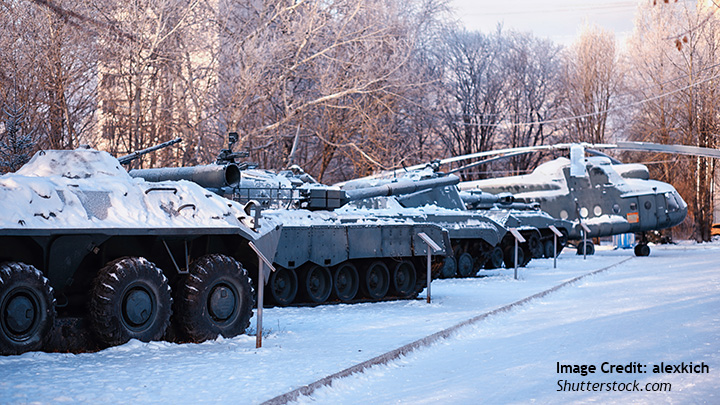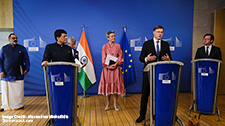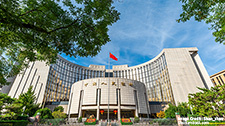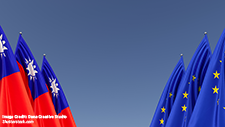Johns Hopkins SAIS Faculty and Fellow Reflections: The War in Ukraine at One Year

Niklas Swanström
One year after Russia launched its full-scale invasion of Ukraine, The Johns Hopkins School of Advanced International Studies (SAIS) faculty and SAIS Foreign Policy Institute fellows explain the current state of the war, the varying international responses to it, and the complex global implications it holds for the future.
Niklas Swanström
It has come as a surprise for Russia, the world, and maybe even for Ukraine how successfully Kyiv has stood up to Russian aggression. But many difficult issues remain, including much of the world’s economic dependency on Russia and the failure to isolate the Russian war economy.
Since Russia’s full-scale invasion of Ukraine, both China and India have increased their trade with Russia. India has increased its imports from Russia by a staggering 400 percent, and Beijing’s trade with Moscow has increased by 35 percent. This ongoing trade has been a lifeline to the Russian war machine. The West has firmly supported Ukraine, and Western trade with Russia has decreased. But this reduction is not enough, especially in the energy sector. The sanctions against Russia need to be strengthened further, but the West also needs to implement measures against secondary trade originating from Russia.
The war in Ukraine has highlighted the need to decrease future reliance on all authoritarian states or at least reduce US economic ties in sensitive and critical areas with such actors. There is also a need for greater cooperation among like-minded democratic states, not least among the transatlantic partnership, to reduce economic dependency on authoritarian powers, thus making democracies more independent and secure. This will require improving free trade among democracies and creating more effective economic deregulation among allies to improve economic growth in a world of increased tension, as well as closer military cooperation to secure the future. Only together can we meet future challenges posed by authoritarian states, and only together with Ukraine can we face today’s aggressions.
Related Publications
-
Navigating the Indo-Pacific: How Australia and the EU Can Partner for Peace, Stability, and Prosperity
To navigate the choppy waters of the Indo-Pacific, the EU and Australia must be on the same wavelength regarding shared interests in rules, values, and an open and liberal economic […]
-
Trade, Connectivity and Supply Chains in EU-India Relations
In the decade and a half since 2007 when the EU and India first started their FTA negotiations, the world economic order has undergone a sea change. During that period, […]
-
ISDP Annual Report 2023
ISDP’s Annual Report for the year 2023. We look back on 2023, a year in which tensions and conflicts captured the strategic space in ISDP’s focus areas, making headlines around […]
-
The Economic Leash: China’s Financial Tethers and Global Power Plays
China’s emphasis on Gross Domestic Product (GDP) growth and its integration into global markets have allowed it to wield significant influence internationally. Nonetheless, this focus on rapid expansion has created […]
-
Partners in Peace: Why Europe and Taiwan Matter to Each Other
This book addresses the following fundamental questions: With the EU seeing Taiwan as a partner on its own merit (rather than exclusively through the China factor lens), how can the […]




